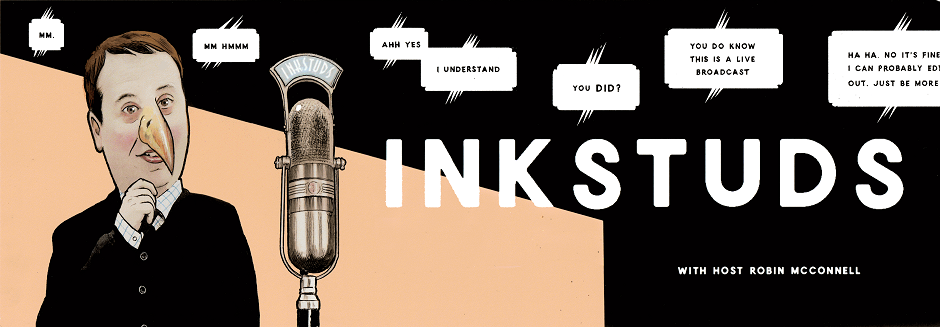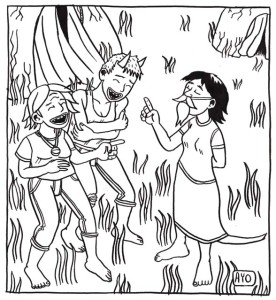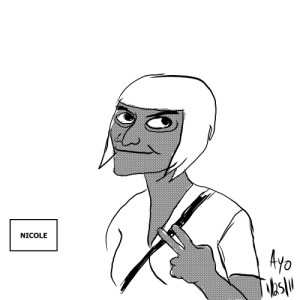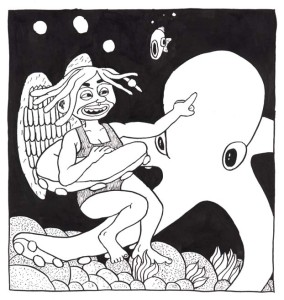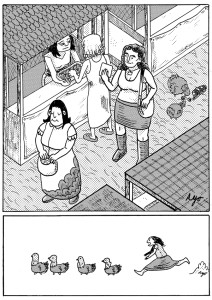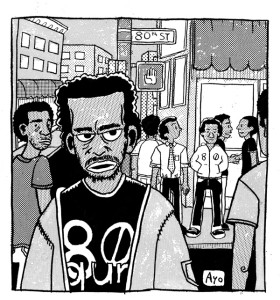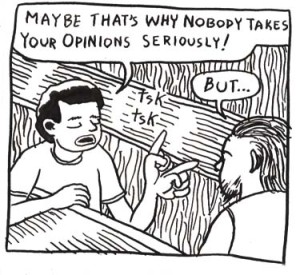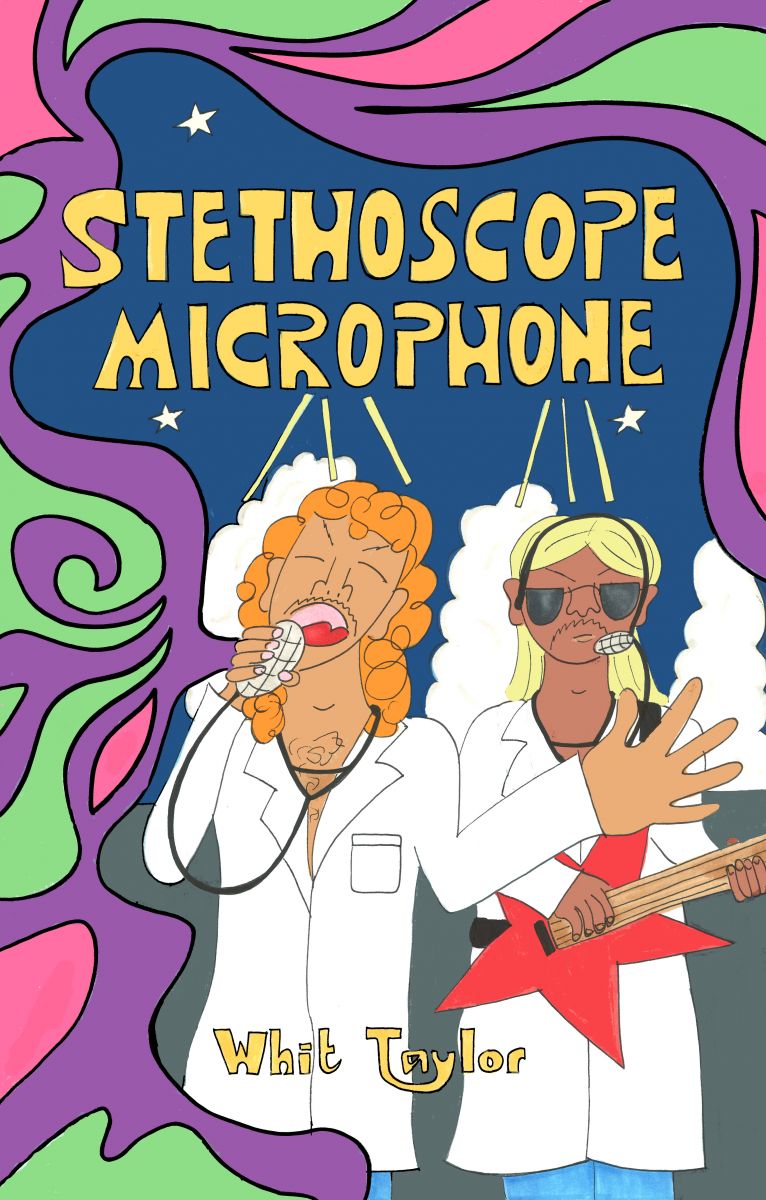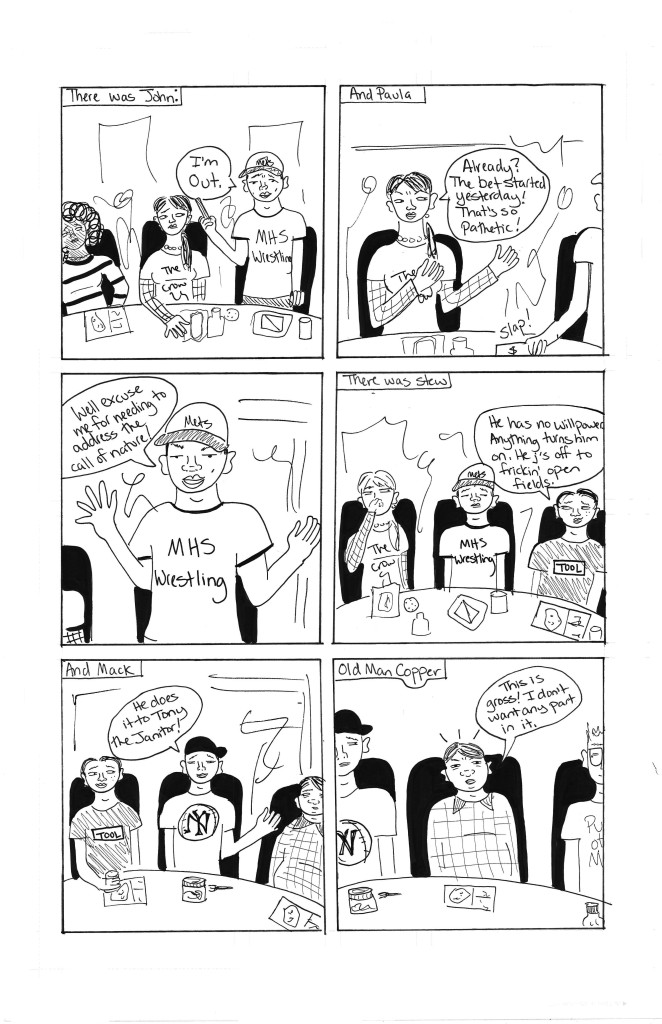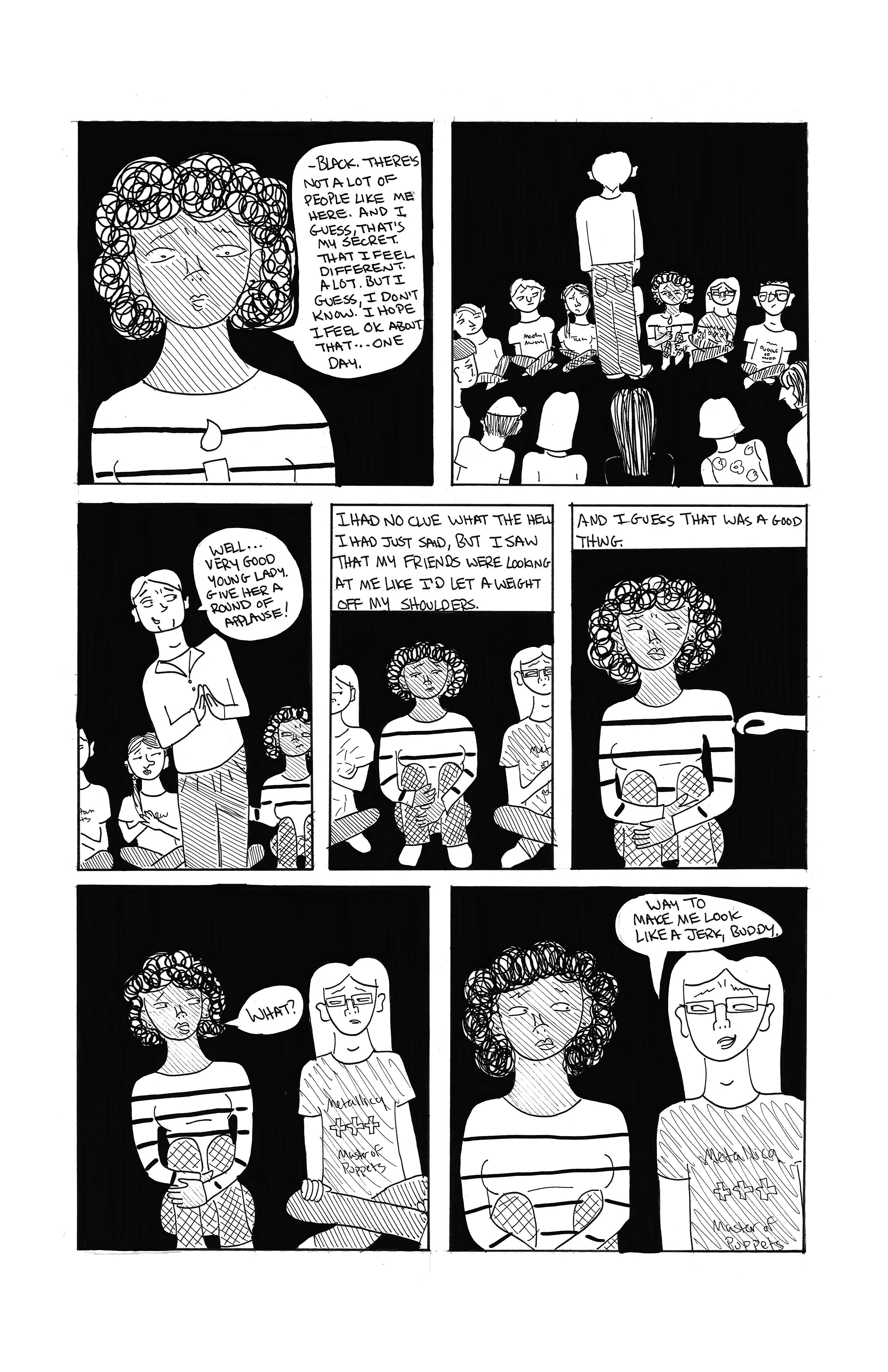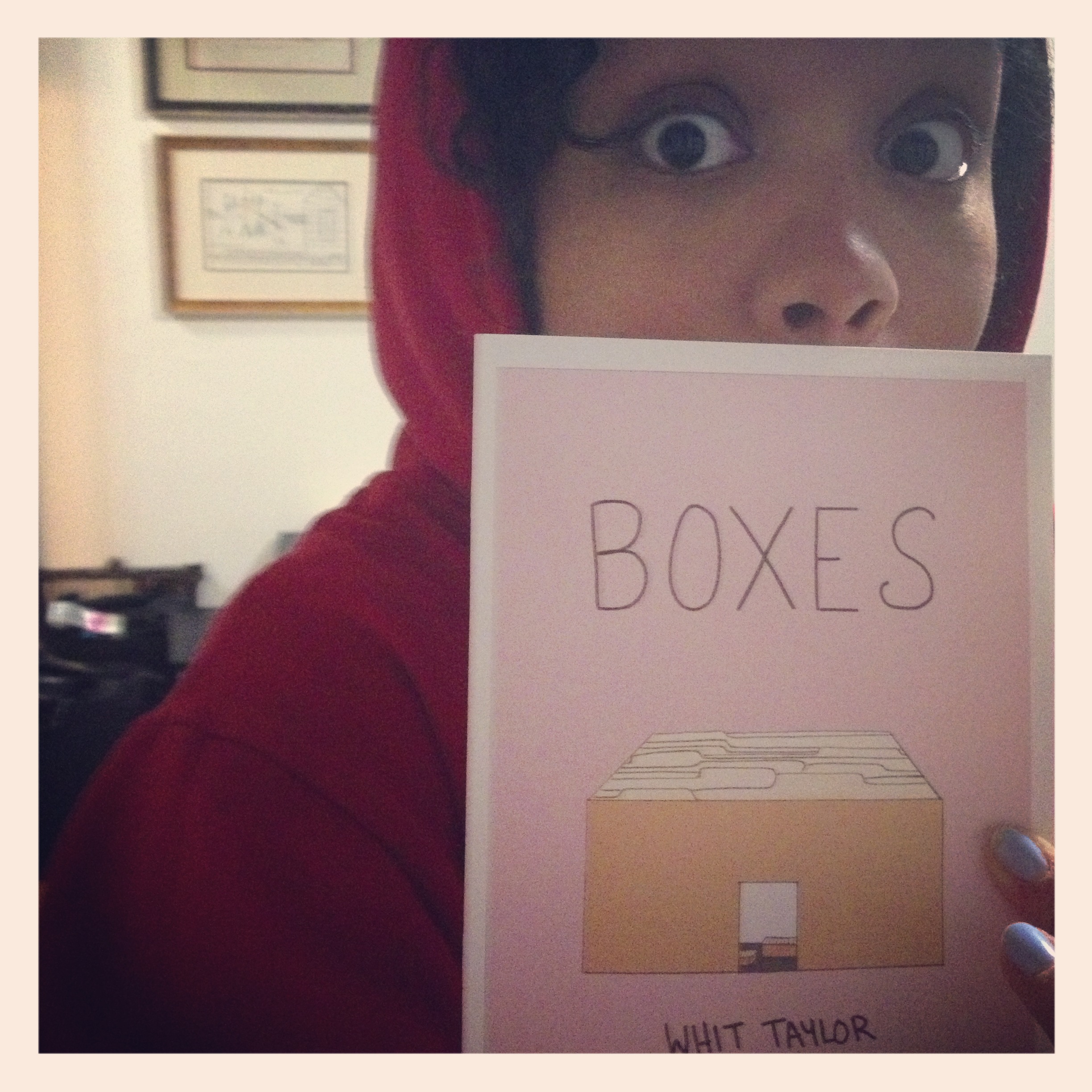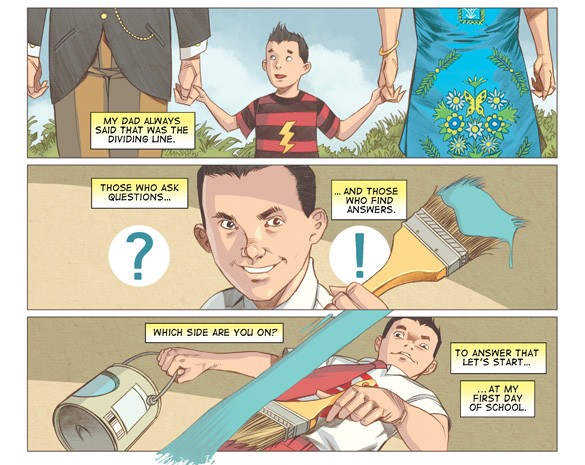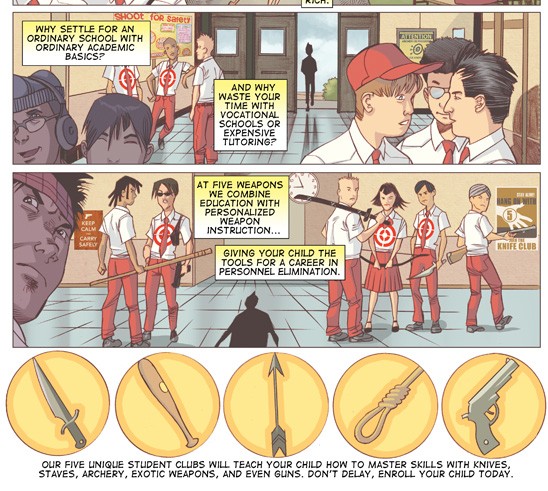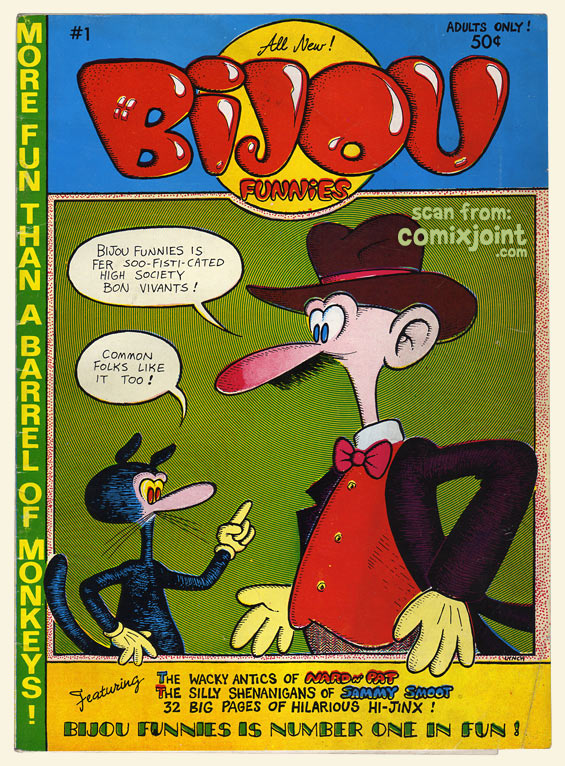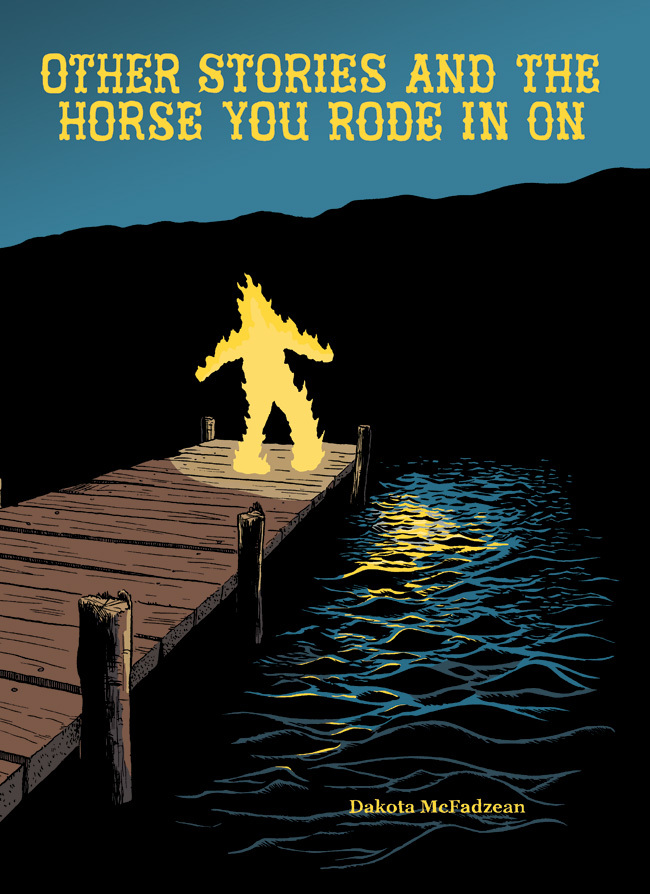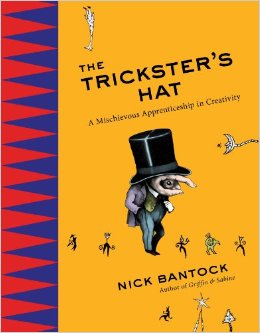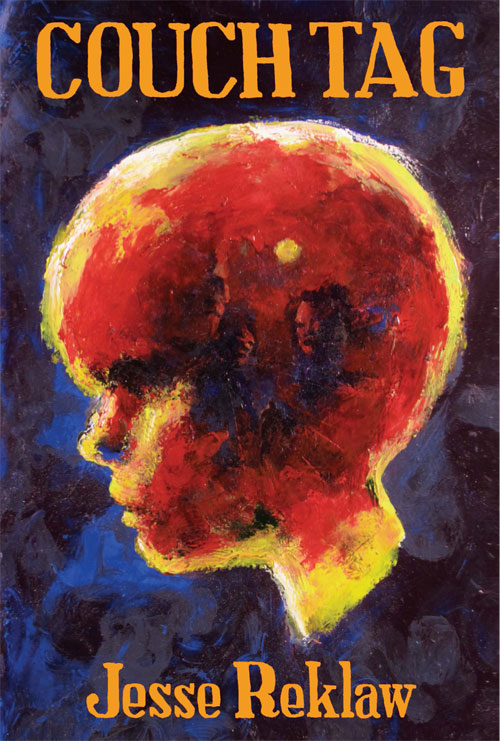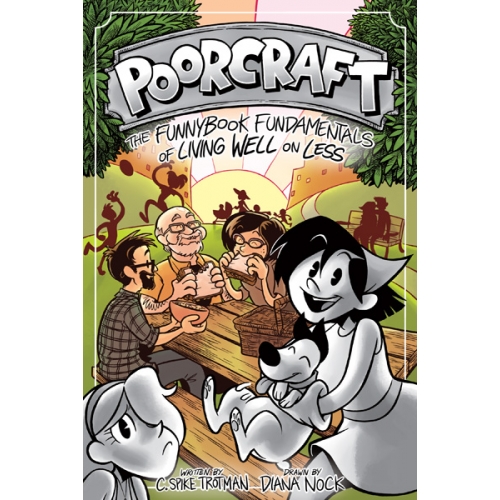
Comics as we know it is wide and fractured. There’s Direct Market comics, bookstore comics, webcomics, indie comics, manga, Eurocomics, and several more subcultures. I’m curious about what working under the broad umbrella of “comics” is like for creators, publishers, critics, academics, and more. Over the course of this month, I’m going to interview several people whose work, position, or goals I find interesting and attempt to paint a picture of what “comics” means today. I’m speaking to Spike Trotman, cartoonist and publisher, about making money in comics.
For the month of February, I’m taking over the Inkstuds podcast in order to introduce Inkstuds Spotlight, a focused look at what it means to be in comics. A comprehensive look isn’t my goal. My goal is to show you several different slices of life in comics, as the people I’m interviewing this month play a wide variety of roles in comics.
A bit of context before we begin: Inkstuds is a comics podcast founded and hosted by Robin McConnell. It’s focused largely on indie and underground cartoonists, and now that it’s 500 episodes deep, exists as a great resource for finding out not just more about comics, but about the lives of cartoonists. ComicsAlliance is one of the most important news outlets in comics. I’m biased, having written for CA for a few years, but the staff has a voice and variety of interests that still can’t be matched. With their powers combined, I’m hoping we can reach a wide slice of the comics readership.
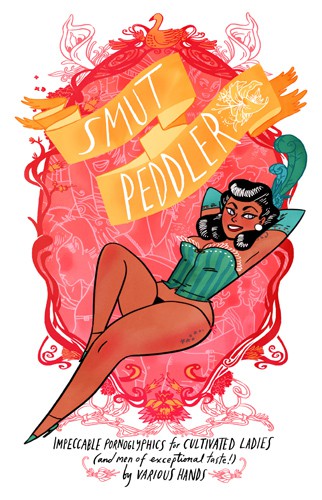
Today, I’m talking to Spike Trotman, creator of the webcomic Templar, AZ, mastermind of Iron Circus Comics, and skilled fundraiser. The ways a cartoonist can raise money have shifted greatly as the landscape of comics has changed. Trotman has been particularly successful in this area, and has used the foundation early successful fundraisers supplied to help produce a range of comics. I spoke to Trotman about her experience fund raising and working as a cartoonist.
 Inkstuds Spotlight - Spike Trotman & Money in Comics [ 36:45 ] Play Now | Play in Popup | Download
Inkstuds Spotlight - Spike Trotman & Money in Comics [ 36:45 ] Play Now | Play in Popup | Download0:00: Trotman discusses how she came to reading comics, newspaper strips, Gary Larsen’s The Far Side, having a “very narrow” interest in Marvel Comics’ Excalibur, getting back into comics her freshman year of college thanks to Evan Dorkin’s Milk & Cheese, Wreckers (the first comic she put out for public consumption), Webcomics Nation, and monetizing the internet.
10:00: Choosing to go with the popular comic that wasn’t paying her anything instead of two comics on a pay site, making her first book, thermometer graphics, asking for money, “he who hesitates is lost,” Iron Circus Comics-as-publisher, Smut Peddler was incredibly popular, “a life-changing amount of money,” paying a page rate, Poorcraft 2: Wish You Were Here, Ryan Estrada is writing it, Diana Nock is drawing it, how she got started publishing other cartoonists, filling a niche or two, missing Taboo, supplying business savvy, and some good advice: “Don’t let people convince you they’re doing you a favor by employing you.”
20:00: Iron Circus Comics breaks a lot of rules and conventional wisdom, anthologies in comics, learning the logistics of making comics, being done living with books, Kickstarter buying the foundation to build other types of projects, Smut Peddler as a final exam for all she’s learned in comics, giving advice to help others, her sorta-24-hour comic This Is Everything I Know, the changing sources of money in comics and how that affects giving advice, the more timeless advice of Poorcraft, her community growing up in comics, and growing up in the woods.
30:00: On the teenaged idea of not being good until you turn 21, imagining what it was like to work as an animator, going to Criminal Records in college, James Kochalka’s Monica’s Story, Jeff Smith’s Bone, hanging out with friends post-midnight, staying productive, and the danger of Youtube/Tumblr/etc.
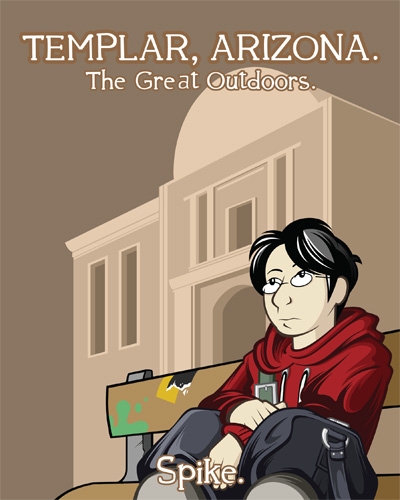
Recommended Reading:
–This Is Everything I Know
–Spike’s Kickstarter Advice.
–Criminal Records
–Trotman in conversation with Alex Dueben of Comic Book Resources
–Evan Dorkin’s Milk & Cheese
–Smut Peddler on ComiXology
Spike Trotman:
–Twitter
–Tumblr
–Templar, AZ
–Iron Circus Comics
